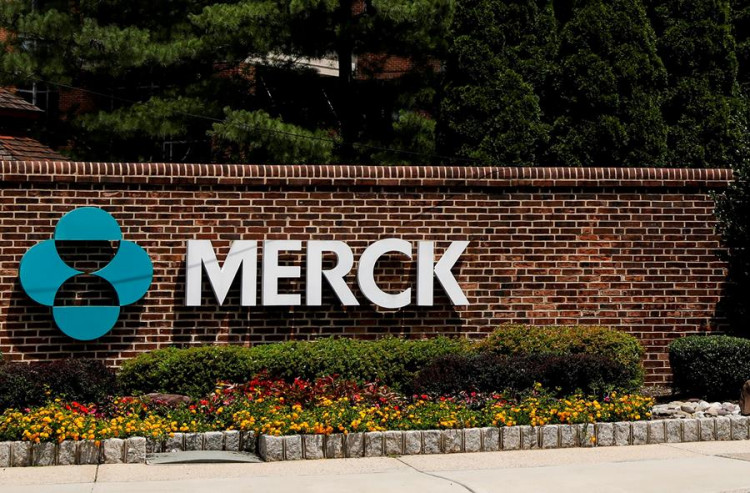Merck & Co. has secured a licensing agreement with Chinese drugmaker Hansoh Pharma for an experimental oral weight-loss drug, marking its latest foray into the burgeoning obesity treatment market. The deal, announced Wednesday, could be worth up to $2 billion, with Merck betting on the potential of Hansoh's preclinical drug, HS-10535, to compete with existing blockbuster injectable treatments.
The agreement grants Merck the exclusive global rights to develop, manufacture, and commercialize HS-10535, a GLP-1 receptor agonist similar to the injectables Wegovy and Ozempic from Novo Nordisk and Eli Lilly. These drugs work by targeting gut hormones to suppress appetite and regulate blood sugar, a mechanism that has made them central players in the obesity drug market.
Merck will make an upfront payment of $112 million to Hansoh, with the possibility of an additional $1.9 billion tied to regulatory and development milestones, as well as royalties on eventual sales. The oral drug has "potential to provide additional cardiometabolic benefits beyond weight reduction," said Dean Li, president of Merck Research Laboratories, in the company's announcement.
Hansoh's HS-10535 remains in the preclinical stage, undergoing animal testing, and is years away from commercial availability. This timeline puts Merck behind competitors like Eli Lilly, which is advancing its oral GLP-1 candidate, orforglipron, through later-stage trials. Other pharmaceutical companies, including Pfizer, Amgen, and Viking Therapeutics, are also racing to bring oral weight-loss drugs to market.
Bernstein analyst Courtney Breen acknowledged Merck's potential but flagged its timing as a hurdle. "The product will likely lag behind other contenders," she noted, pointing to the crowded field of drugmakers vying for market share in obesity treatments.
Merck's CEO, Rob Davis, has previously emphasized the company's interest in GLP-1 treatments that deliver benefits beyond weight loss, including improvements in cardiovascular health, diabetes management, and fatty liver disease. The company is already developing efinopegdutide, a GLP-1 candidate for treating metabolic dysfunction-associated steatohepatitis, a serious form of fatty liver disease.
The obesity drug market is poised for rapid expansion, with analysts projecting it could surpass $100 billion annually by the early 2030s. This growth has spurred a wave of investments in GLP-1 receptor agonists, particularly oral formulations that could offer patients a more convenient alternative to weekly injections. Merck joins other pharmaceutical giants, including AstraZeneca, which recently licensed a weight-loss drug from another Chinese biotech, Eccogene.
In addition to its potential weight-loss effects, Merck is exploring whether HS-10535 can address related cardiometabolic conditions. "If you can show cardiovascular outcomes, diabetes benefits, or fatty liver disease improvements, that's an area where we think there's opportunity," Davis said at a prior industry conference.
Shares of Merck showed marginal gains following the announcement, rising to $100.80 in premarket trading. Analysts suggest that while Merck's entry into the space may be delayed compared to its rivals, its focus on broader health outcomes could carve out a unique niche in the market.




